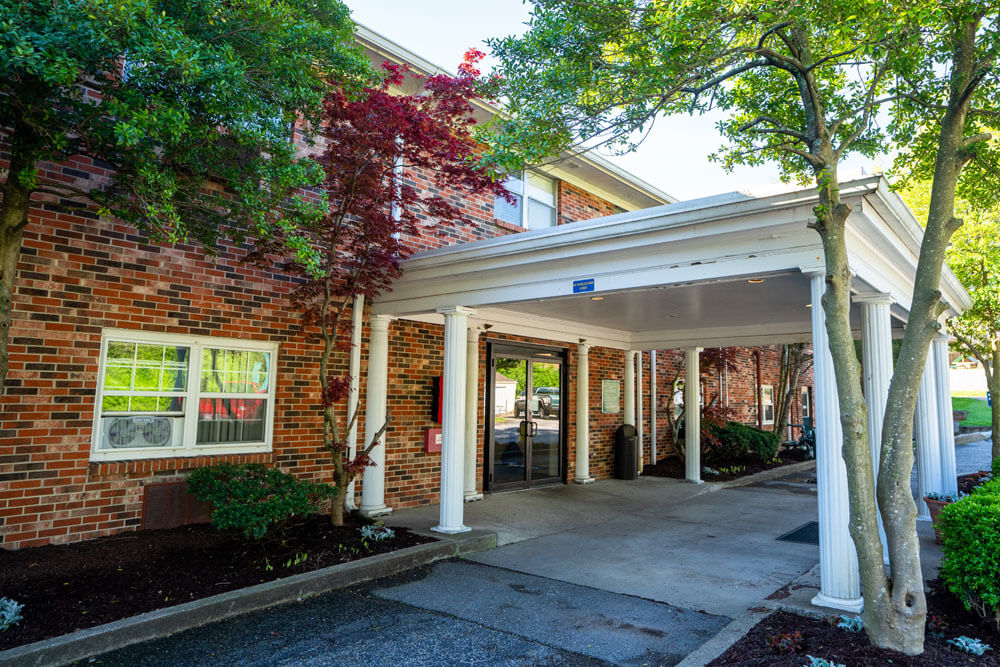
Senior Sun Safety
Summer is a time of year most people look forward to, especially in the cool winter months. However, there are some precautions individuals should take to ensure sun safety during months with excessive heat.
Seniors, infants and children, and those with chronic conditions are vulnerable to heat exhaustion and heat stroke. While excessive heat can bother anyone, seniors are at a special risk, especially those with respiratory issues like asthma and COPD. Seniors may also be taking medications that can intensify the effects of extreme heat which can prevent the body’s ability to regulate its temperature or perspire.
Know Your Medication
Check with your doctor to see if your health conditions and medications are likely to affect your ability to cope with extreme heat and humidity. Some medication can cause sun sensitivity through UVA or UVB rays. Read the label of all your medications including over-the-counter drugs. When a medication has been prescribed, check the common side effects with your physicians or pharmacist. For over-the-counter preparations, read the label to find out the possible side effects. Unusual reactions can include sunburn, swelling, skin rashes, and blisters. Contact your doctor if you have any of these reactions following sun exposure.
Avoid the Direct Summer Sun
Too much sun exposure is associated with heat exhaustion, heat stroke, and sunburns. Also, sun exposure can exacerbate conditions like macular degeneration. Limit outdoor activity when the sun is the strongest, typically from 10 a.m. – 4 p.m.
When outdoors, wear sunglasses and choose a seat in the shade on sunny days. Further protect your skin from damage by wearing loose, light-colored clothing, a wide-brimmed hat, and sunscreen of 30 SPF or more on both sunny and cloudy days. Reapply sunscreen as indicated on the package instructions and don’t forget the ears, hands, and bald head. For seniors, the best option is to stay in air-conditioned buildings as much as possible. Quick Tip: Avoid the heat of summer by taking in daytime movie at the theater!
Stay Hydrated with Liquids
Stay hydrated by drinking water throughout the day. Avoid caffeine, alcohol, and sugary drinks as these can cause dehydration. Electrolyte drinks may be consumed if you are outside and sweating. A 50/50 mixture of fruit juice or a sports drink that contains electrolytes with water can help replace potassium and sodium lost. Eat hydrating foods like cucumbers, radishes, watermelon, and strawberries, all of which contain at least 90-percent water by weight.
Dehydration can cause seniors to experience constipation, confusion, dizziness, and falls. Ask your doctor how much you should drink if you are on a fluid restriction diet. Quick Tip: Elderly individuals often experience diminished thirst. Drink more than you normally do by sipping throughout the day, not just when you are thirsty.
According to the Centers for Disease Control, signs of heat stroke and heat exhaustion include:
Heat Exhaustion
Signs of heat exhaustion may include:
- Heavy sweating
- Weakness
- Tiredness
- Cold, clammy skin
- Nausea or vomiting
- Fainting
- Rapid pulse or weak pulse
- Fast and shallow breathing
- Muscle cramps
- Heavy sweating
Take immediate action if you feel heat stroke coming on. This can include moving to an air conditioned building or a shady spot outside. Those experiencing heat exhaustion should lie down (in a cool area) and loosen restrictive clothing. Apply cool, wet cloths to as much of the body as possible and sip water. If continued vomiting occurs, contact a medical professional.
Heat Stroke
Signs of heat stroke may include:
- Red, hot, dry or moist skin (lack of sweating despite the heat)
- Flushed face
- High body temperature (above 103 degrees Fahrenheit)
- Dizziness and confusion
- Possible unconscious
- Seizures
- Throbbing headache
Those who experience heat stroke should call 911 immediately and give first aid until paramedics arrive. This is a medical emergency. Move the person to an air-conditioned environment – or a shady spot if an air-condition space is unavailable – and seek to reduce the body temperature by using cool, wet cloths or give a cool bath. Remove unnecessary clothing. Do NOT give liquids to a person experiencing heat stroke.
Sun safety in the warm summer months is easy to do when prepared. Know the signs and symptoms of dehydration, heat exhaustion, and heat stroke. Keep and eye on your senior friends and family regularly during summer’s heat waves and monitor their sun exposure and high temperatures.
Learn more about the continuum of care provided at Exceptional Living Center of Brazil, a 2016-2017 U.S. News & World Report Best Nursing Home, and Towne Park Assisted Living by visiting www.BrazilSeniorCampus.com.






